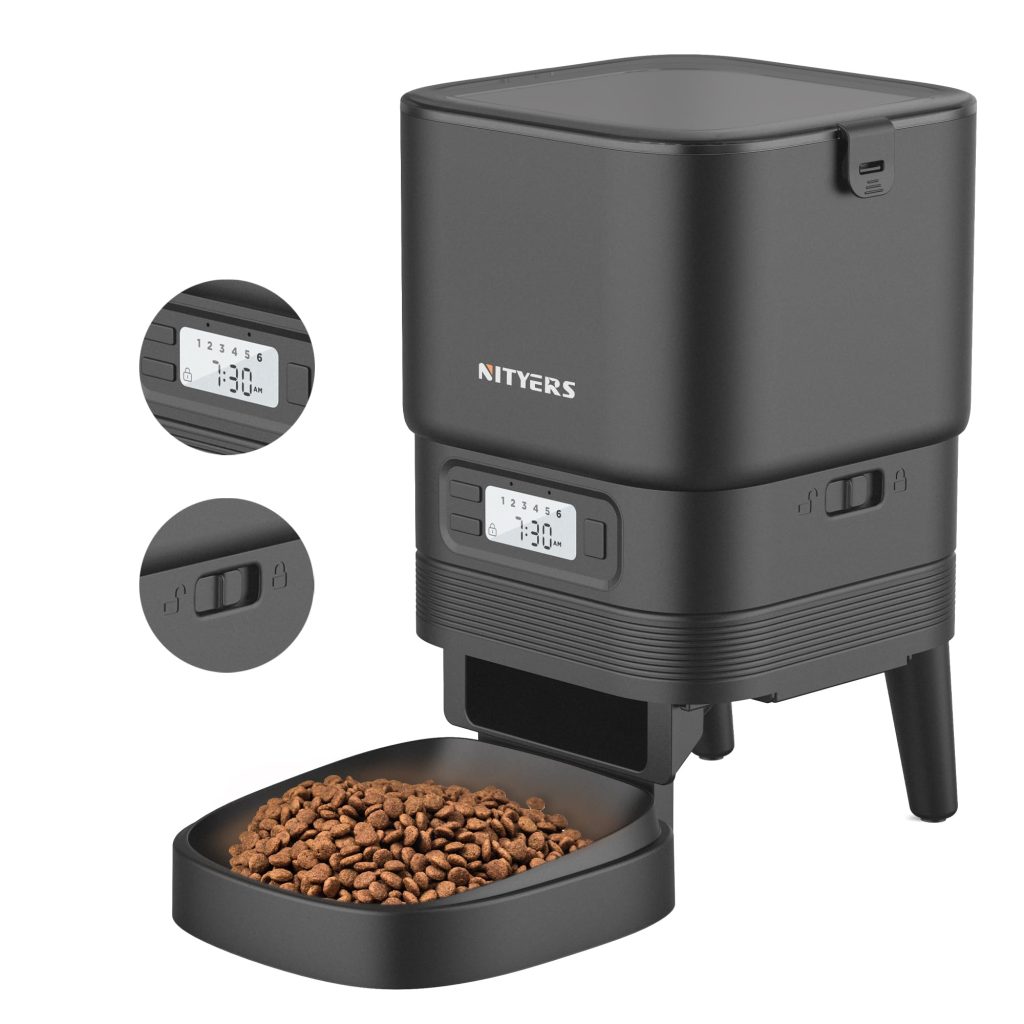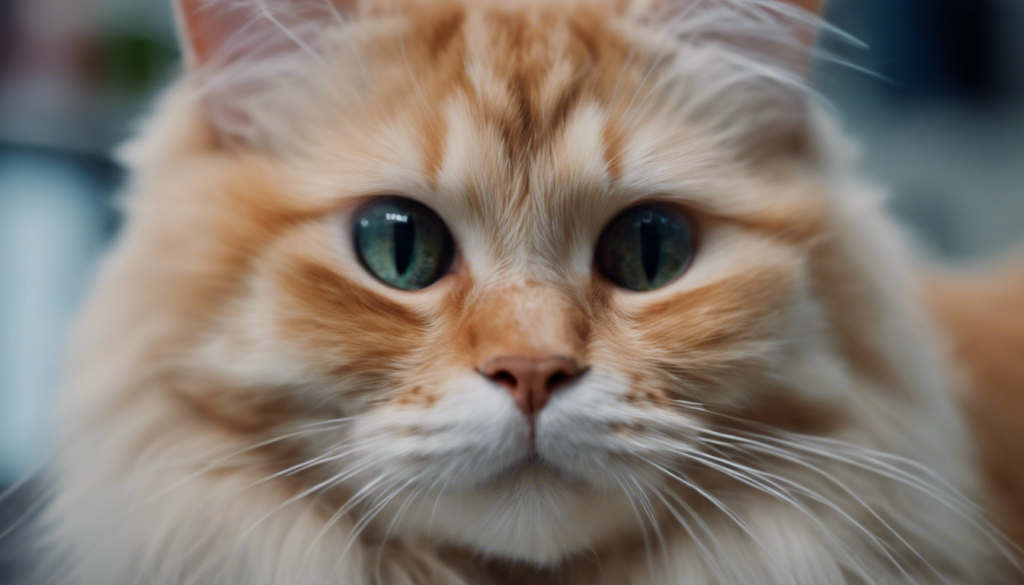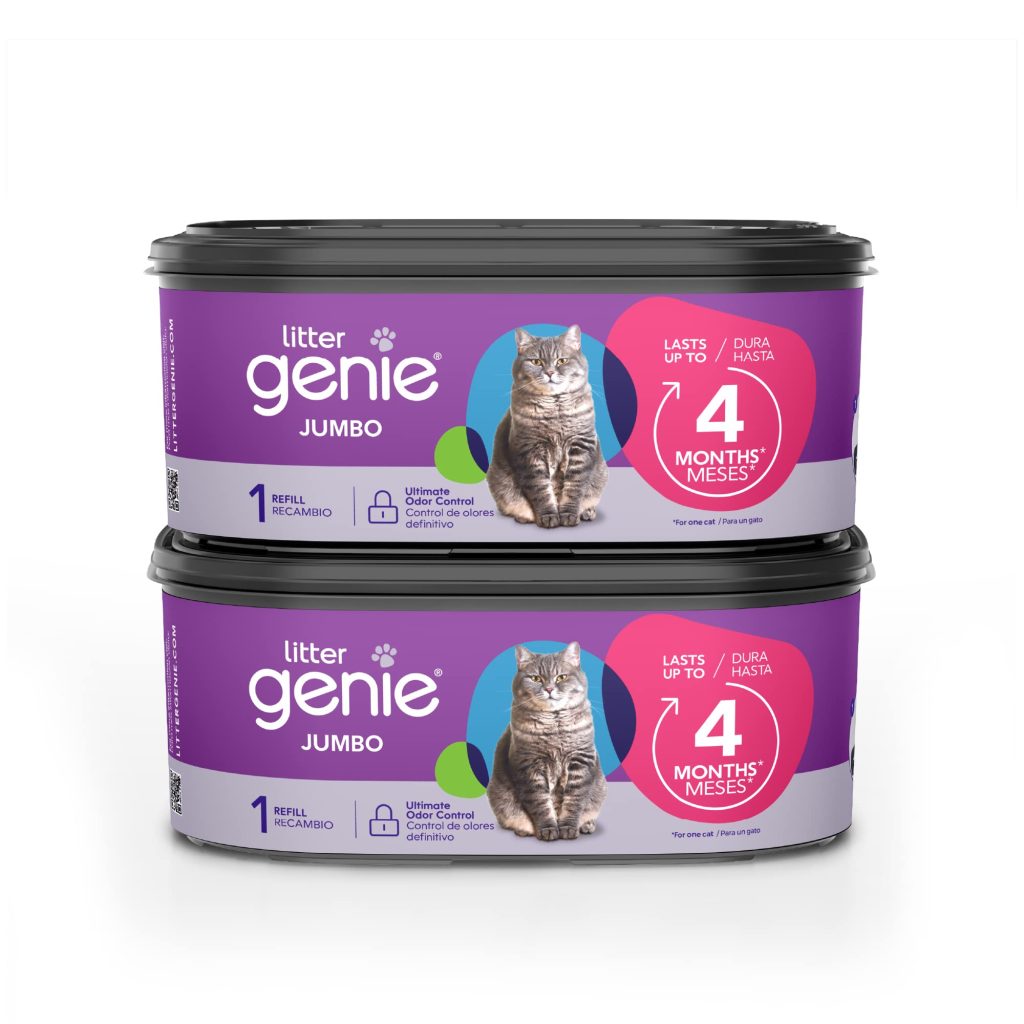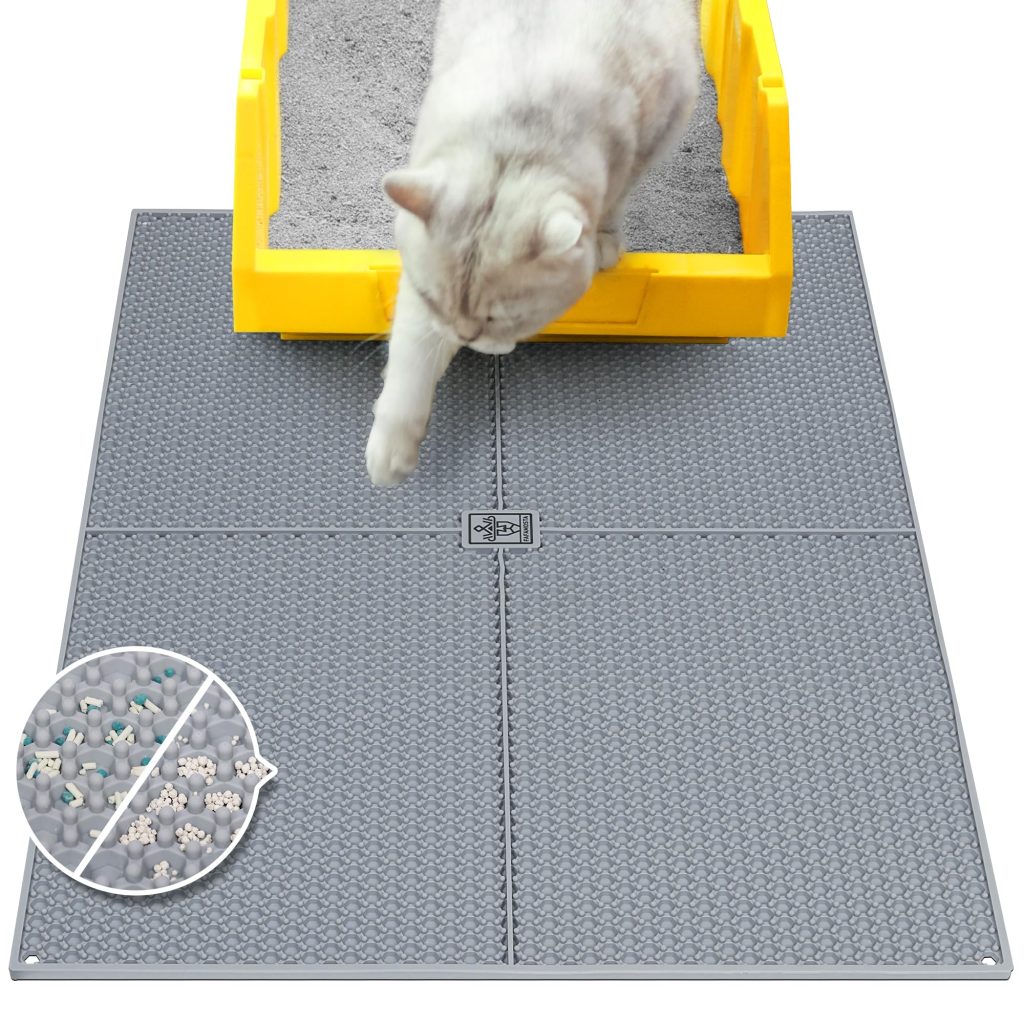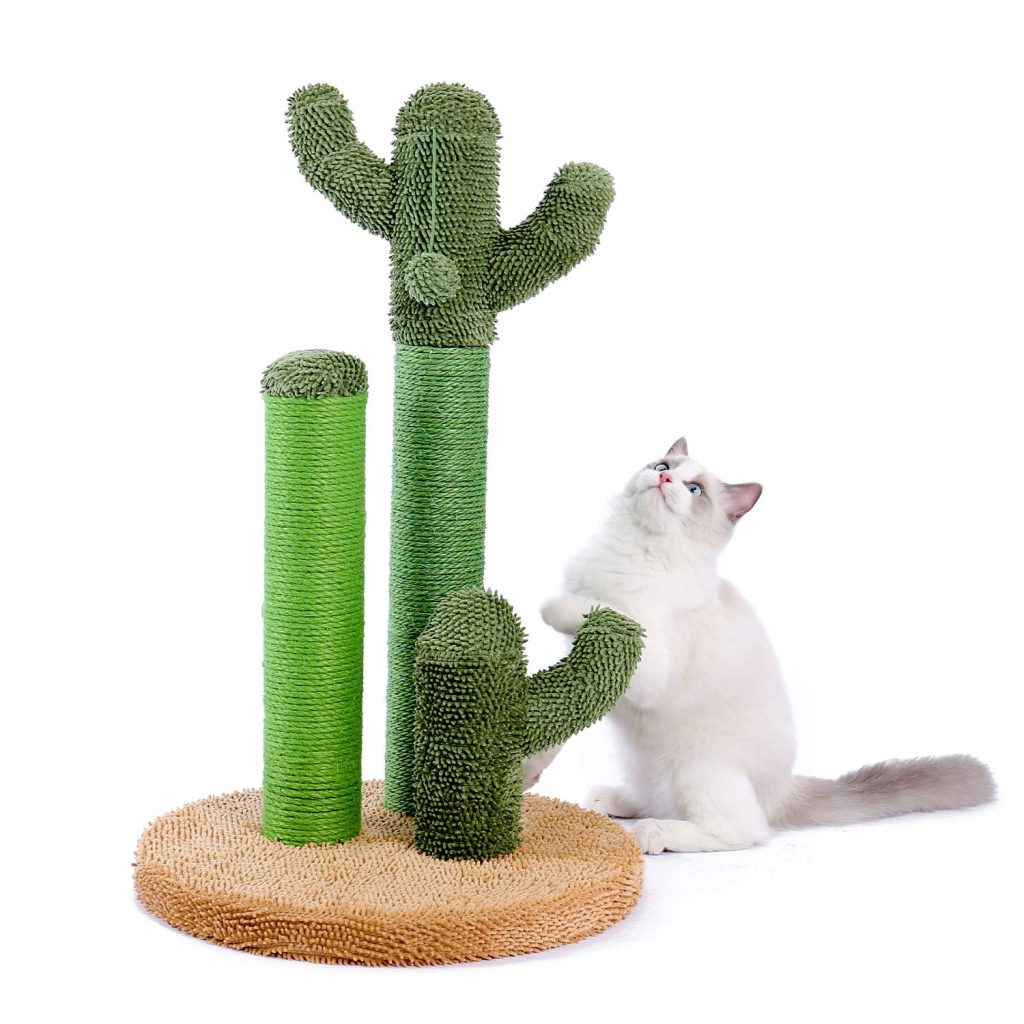
Then it comes to our furry friends, one of our primary responsibilities as pet owners is to ensure their health and well-being. Cats, in particular, are susceptible to urinary tract issues, including bladder infections. It’s essential to be vigilant and aware of the signs that may indicate a bladder infection in your cat. By recognizing these signs, you can seek immediate veterinary attention and provide timely treatment, ultimately ensuring your cat’s overall health and happiness.
Significance for Feline Health
A bladder infection, also known as a urinary tract infection (UTI), is a bacterial infection that occurs within the urinary system. While both male and female cats can develop bladder infections, it is more common in females due to their shorter urethra, which allows bacteria to travel to the bladder more easily. If left untreated, these infections can have severe consequences for your cat’s health.
A cat with a bladder infection may experience discomfort, pain, and difficulty urinating. They may exhibit behavior changes such as frequent trips to the litter box, straining during urination, or crying out in pain. Without prompt veterinary intervention, a bladder infection can lead to more serious conditions like bladder stones or even kidney damage.
By recognizing the signs early on, you can help reduce the discomfort your cat may be experiencing and prevent the infection from worsening. Seeking immediate veterinary care can ensure an accurate diagnosis and the appropriate treatment plan.
Nutritional Components
While diet alone may not prevent or cure a bladder infection in cats, providing a balanced and appropriate diet can play a significant role in maintaining their urinary health.
Cats are obligate carnivores, meaning their bodies require protein from animal sources to thrive. Incorporating high-quality protein sources in your cat’s diet can support their overall health and help maintain a healthy urinary tract. Look for commercial cat food brands that prioritize animal protein sources like chicken, turkey, or fish.
In addition to protein, ensuring your cat has access to fresh, clean water is vital. Adequate hydration can help flush out bacteria and reduce the risk of urinary tract infections. Consider providing both wet and dry food options to encourage water intake or even incorporate a water fountain designed for cats.
Positive Impact on Cats
Recognizing the signs of a bladder infection and addressing them promptly can have a positive impact on your cat’s overall well-being. Apart from relieving the discomfort caused by a bladder infection, early detection and treatment can prevent further complications from arising.
By seeking veterinary care at the first sign of a bladder infection, you can minimize the risk of more severe urinary tract issues, such as bladder stones or kidney disease. Timely treatment can help your cat recover faster and prevent any chronic conditions that could impact their quality of life.
“Prevention is better than cure.”
In addition to prompt treatment, preventive measures can also contribute to your cat’s long-term urinary health. Regular veterinary check-ups, maintaining a clean litter box environment, and providing a balanced diet can all play a role in preventing bladder infections and promoting overall feline health.
- Ensure your cat’s litter box is clean and accessible at all times. Regularly scoop the litter to remove waste and think complete litter replacement periodically.
- Provide an appropriate number of litter boxes in your home. The general guideline is one litter box per cat plus an additional one.
- Promote mental and physical stimulation for your cat with interactive toys and playtime sessions. This can help reduce stress, which can contribute to urinary tract issues.
- Follow your veterinarian’s guidance regarding vaccinations and annual check-ups to detect any underlying conditions at an earlier stage.
Overall, recognizing the signs of a bladder infection in your cat is important for their well-being. By understanding the significance of urinary health, incorporating proper nutrition, seeking timely veterinary care, and implementing preventive measures, you can ensure your furry companion leads a healthy and fulfilling life. So, stay attentive, be proactive, and prioritize your cat’s urinary health today!
